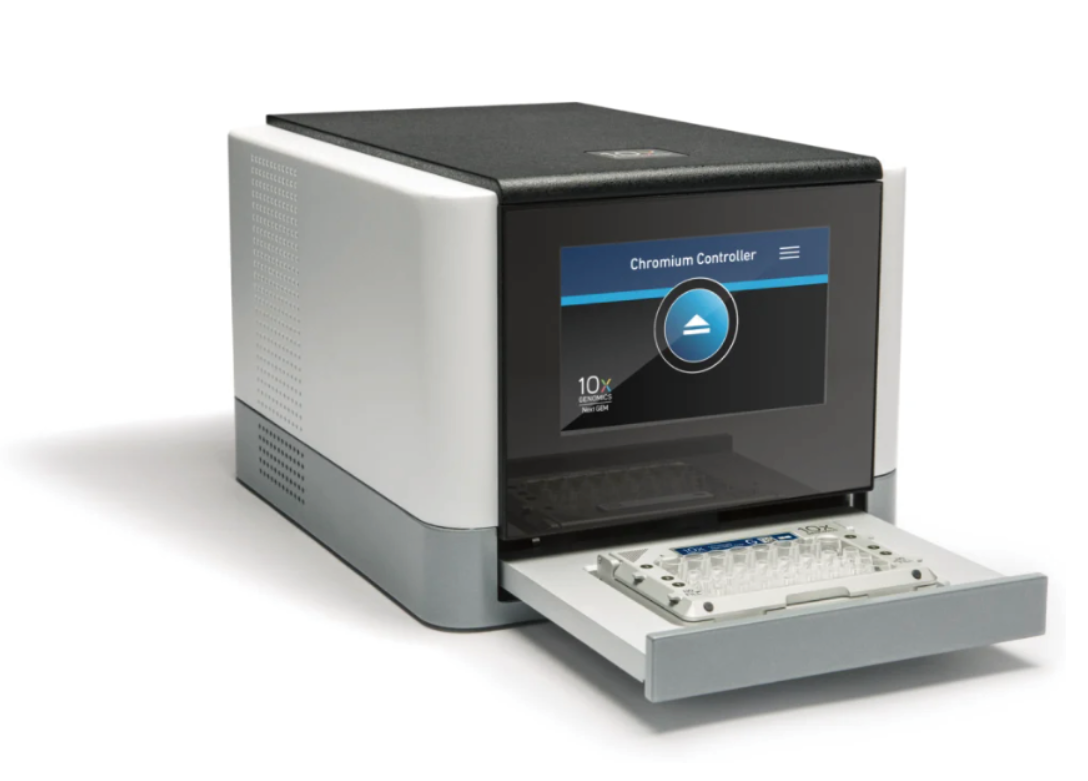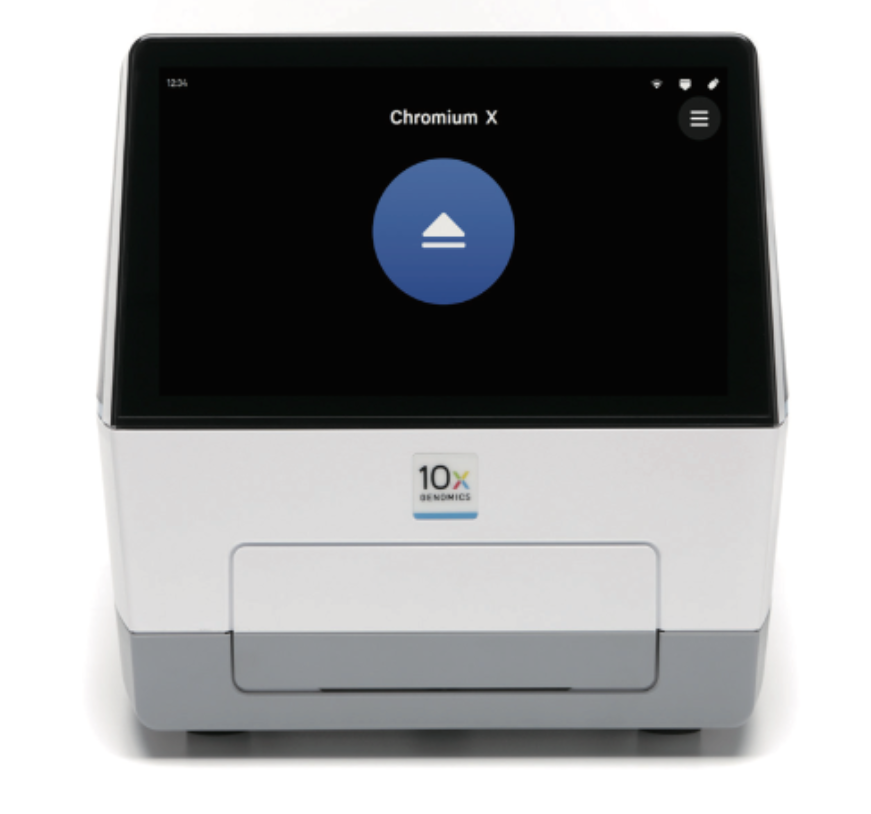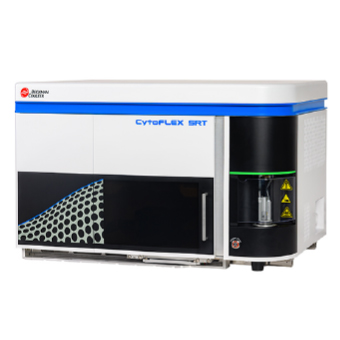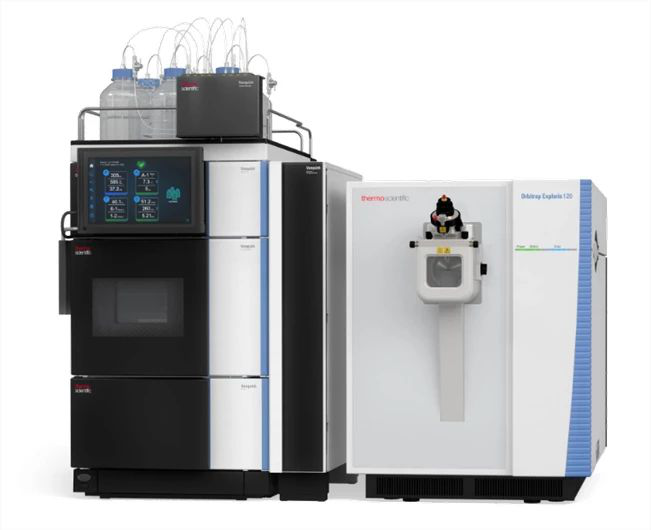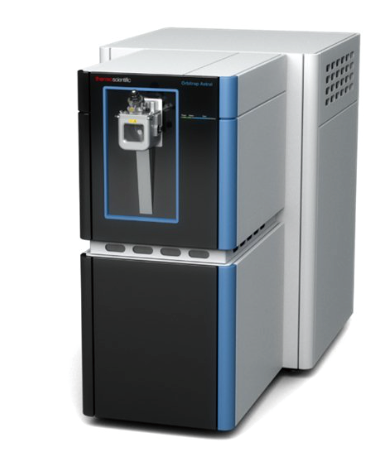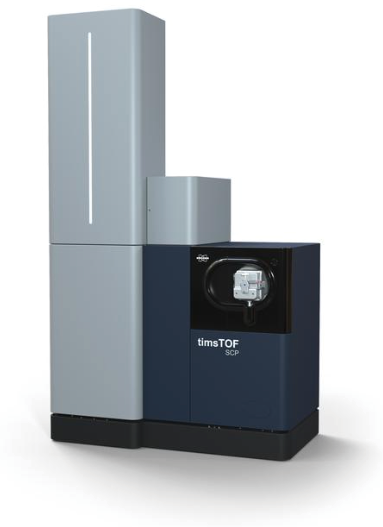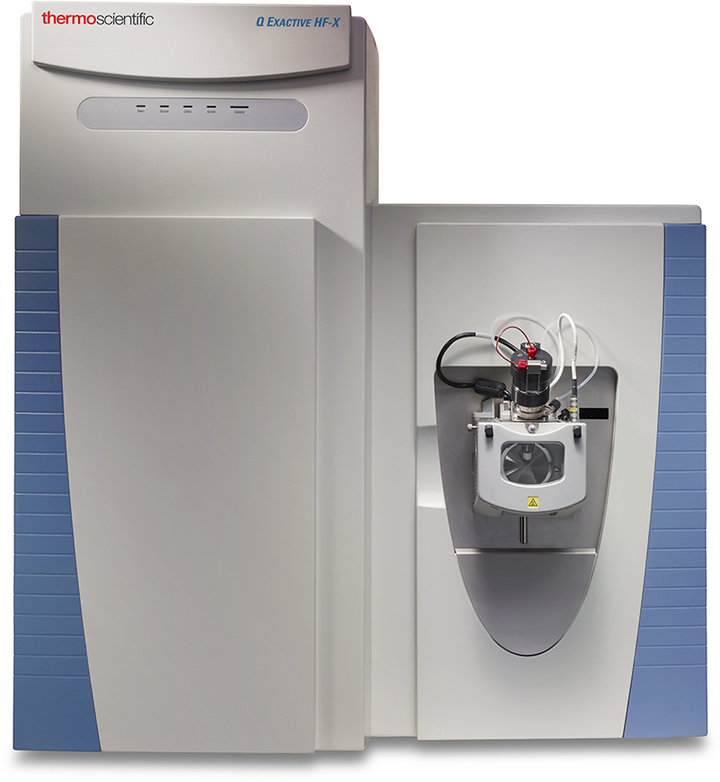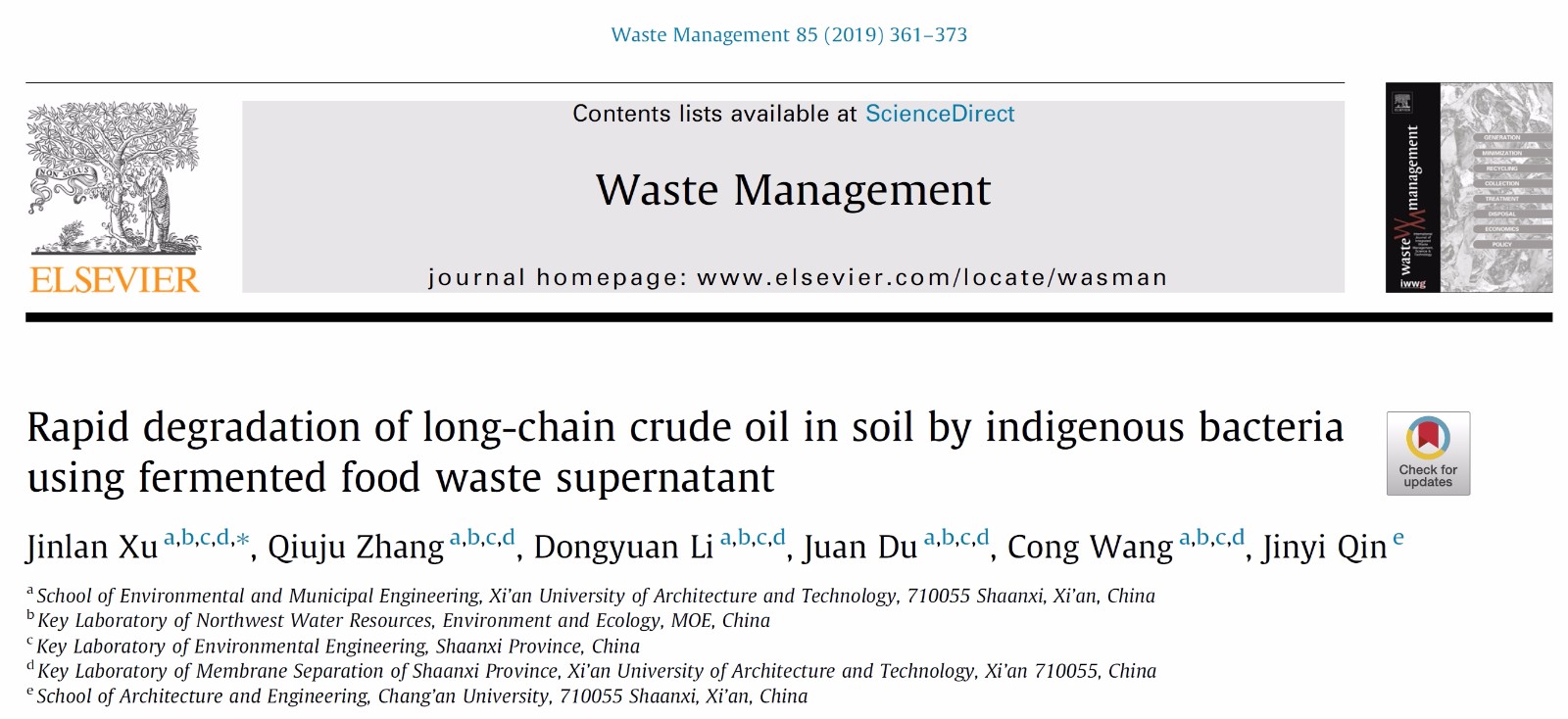
A b s t r a c t
The objective of this study is to explore how to stimulate soil indigenous bacteria for the degradation of long-chain crude oil by adding fermented food waste supernatant (FS). Four concentrations of FS (0 mL, 0.1 mL, 1 mL, and 3 mL) were added to two oil-contaminated soils S1 and S2 for 30 days of bioremedia- tion experiments. The results showed that the biodegradation of long-chain alkanes (C29 - C24) couldreach up to 1756 mg/kg (49.3%, S1) and 3937 mg/kg (43.9%, S2), which were 3.1 and 3.2 times that ofthe non-nutrient system. In addition, the logarithmic growth rate of the indigenous hydrocarbon degra-ders (IHD) reached 41.5%. The long-chain crude oil can be rapidly degraded by indigenous bacteria withFS added in a short time. The glucose and acetic acid accelerated the consumption of ammonia nitrogen(NH+4-N) in the prophase of bioremediation and the molar ratio of consumed carbon (contained in glucoseand acetic acid) to consumed NH+4-N(C/N) was high by adding FS. Thus, the IHD can multiply rapidly. Theanalysis of microbial diversity revealed that the IHD (genera Acinetobacter and Aquabacterium) becamethe dominant bacteria. Long-chain alkanes became the main carbon sources for IHD after 14 days in soilS1 and 16 days in soil S2. Thus, the rapid biodegradation of long-chain crude oil was achieved. The genusAquabacterium which was uncultivable on crude oil medium became the dominant bacteria. This study provides an environment-friendly and sustainable remediation technology for bioremediation of oil-contaminated soils.
Text link
https://www.sciencedirect.com/science/article/pii/S0956053X18307839











